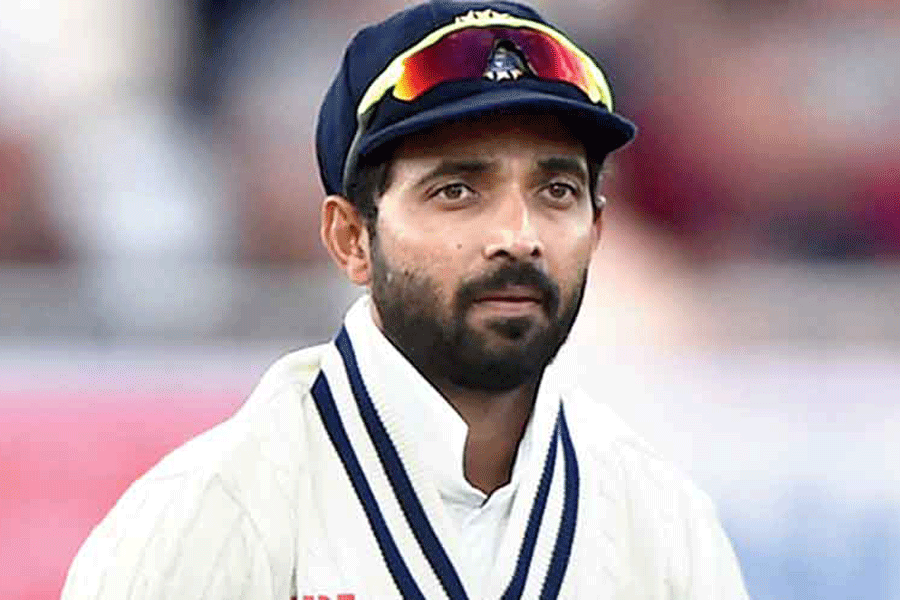The Digital Window: Monitoring Students' Social Media for Mental Health Signals
Psychiatrists and Educators Emphasize the Importance of Online Presence in Understanding Student Well-being

Psychiatrists and school counselors have stated that social media profiles of students frequently reflect their mental health.
Many of them stated that if they have concerns about a child's behavior pattern, they look up the child's profile. Teachers and mental health professionals advised them to also speak with other students or adults in the child's immediate vicinity if the child's social media posts indicate that they are despondent or inclined to self-harm.
Counselors who deal directly with children have stated that posts that include melancholic quotes, movies, or playlists of melancholy music should raise red flags.
"It's possible that the stories or posts they are making reflect what they are going through. School counselor at Calcutta International School Spriha Patronobis stated, "It is always better to check because there could be high-risk kids who need help."
Teachers reported that children and young people feel at ease expressing their feelings on the internet because they believe no one is looking at them or passing judgment.
Social media, according to some educators, can be a helpful tool for getting to know and comprehend young people.
Posts on social media can reveal details about a student's mental state. In addition, a post may simultaneously signal a child's need for assistance. A youngster may be experiencing emotional distress and find it difficult to communicate with others, according to Pratima Nayar, principal of Calcutta International School's younger school.
Teachers and counselors may find that a student's declining grades, lack of communication with peers, or propensity to skip class are sufficient indicators to speak with the student's parents.
According to Nayar, some kids frequently upload gloomy pictures or artwork online.
If the profile is public, the posts are accessible to the school. Principals stated that friends of a student occasionally approach a teacher after seeing upsetting posts on the student's site.
"It could be awkward for kids to discuss their shortcomings. They might feel more at ease putting it in writing. Additionally, they can be acting under false pretenses, according to Seema Sapru, principal of The Heritage School.
According to Sapru, "we try to maintain our boundaries and make sure that we are not overstepping" even as we step in and notify parents about what their child might be going through.
Psychiatrists advised parents to regularly check their children's social media accounts.
It may not be feasible for educational institutions to monitor every student's social media account. For their children, parents can do it," psychiatry expert Sanjay Garg said.
"We occasionally come across gloomy, melancholic, or self-harming sentiments on students' profiles, stories, or status updates while conversing with them via messaging. Next, we talk to the child's close friends and family members and advise them not to leave the child unattended. The child's activities must be closely observed, according to Garg.
According to Garg, counselors are asked to talk to these kids more often.
Principals stated that in addition to parents, schools must take on the duty of guiding kids on the proper path. According to the principals this publication spoke with, the function of the school is no longer limited to imparting knowledge.
Students' access to and reliance on social media and the internet have grown since the Covid pandemic. Children live in the virtual world, so schools need to be aware of how it operates, according to Nayar.
Instructors now use YouTube and the internet in the classroom to help pupils understand the material. A teacher said, "So, a school cannot wash its hands of a student's life in the virtual world."
Counselor Patronobis emphasized that delicate handling of youngsters is necessary.
Teens shouldn't think that just because the person on the other end has recognized their distress, they are being called for counseling. She stated that a child should be taught to accept responsibility and ask for assistance on their own.
Except for the headline, this story has not been edited by Press Time staff and has been published from a syndicated feed.























































